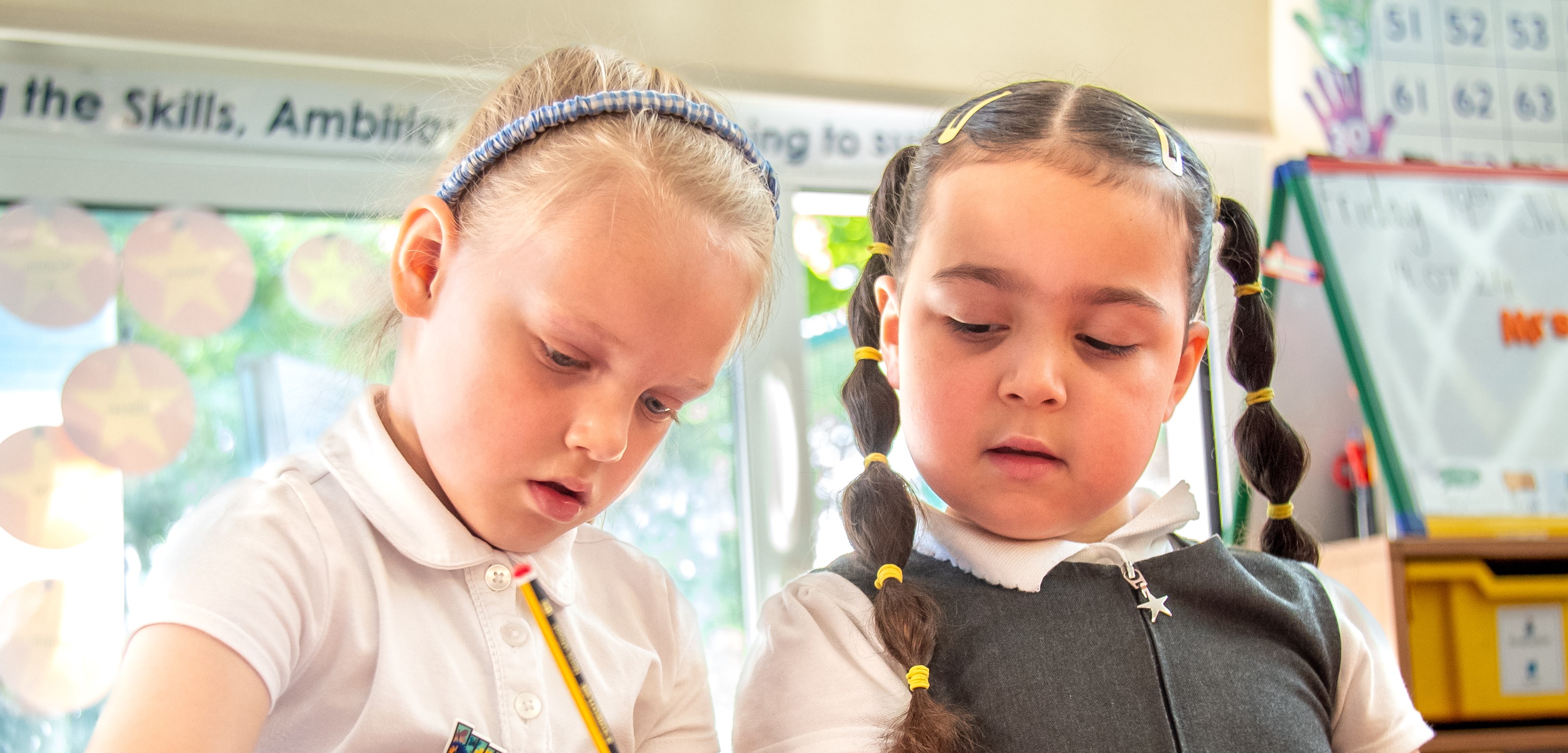
‘Safeguarding and promoting the welfare of children is everyone’s responsibility. Everyone who comes into contact with children and their families has a role to play.’ Keeping Children Safe in Education.
St Ann’s Well Academy is committed to safeguarding and promoting the welfare of children and young people and expects all staff and volunteers to share this commitment. We are fully committed to ensuring that consistent effective safeguarding procedures are in place to support families, children and staff at school.
Staff at St Ann’s Well Academy are aware that many children are the victims of different kinds of abuse and that they can be subjected to social factors that have an adverse impact upon their lives – including domestic violence, substance misuse, bullying, mental health and radicalisation. We also acknowledge that safeguarding incidents could happen anywhere and staff should be alert to possible concerns arising.
Key contacts:
For any safeguarding concerns during school hours, please contact the school office on 0115 915 5808 and ask for a member of the designated safeguarding team above.
If you are concerned about a child, you can also contact Children’s Social Care on 0115 876 4800 (0115 876 5600 for out of hours) or email [email protected].
Safeguarding and Child Protection Policy 2024
Through our curriculum we teach children to stay safe and happy. We encourage the understanding that any problem or worry that they may have is legitimate, and to share their worries, big or small with their trusted adult; at home; school or with ChildLine.
Safeguarding Curriculum Overview
We have an important role to play in supporting the mental wellbeing of our pupils. Early intervention to identify issues and provide effective support is crucial. Our role in supporting and promoting mental health and wellbeing can be summarised as:
Stress and worry is a normal part of life and many issues can be experienced as mild or transitory challenges for some children and their families. Others will experience more serious and longer lasting effects. Coronavirus has had an impact on children and their families in differing ways including anxiety, low mood, bereavement, loneliness and isolation.
There are varying helplines and websites that are available to support your child and your family:
Samaritans
0330 094 5717 or 116 123
Shout
Shout offers confidential 24/7 crisis text support for times when you need immediate assistance.Text “SHOUT” to 85258 or visit Shout Crisis Text Line
NHS
NHS 111 advice online
HopelineUK
Crisis support for young people: If you are under 35 and feel that life is not worth living any more, call Papyrus’s HopelineUK from 9am to 10pm weekdays and 2pm to 10pm on weekends.
Call HopelineUK on 0800 068 41 41; Text 07786 209697.
CALM
CALM is the Campaign Against Living Miserably, for people in the UK who are down or have hit a wall for any reason.Call 0800 58 58 58 (daily, 5pm to midnight). Free, anonymous webchat with trained staff.